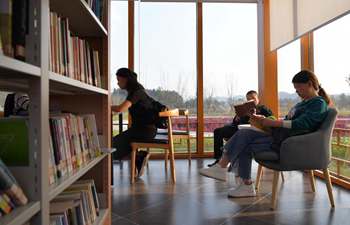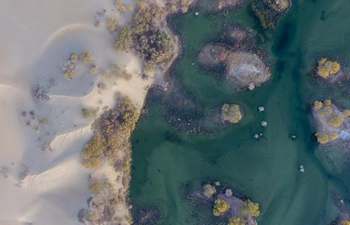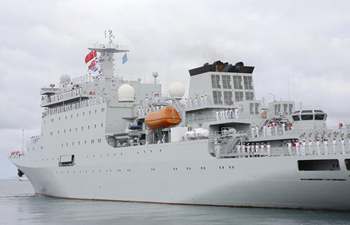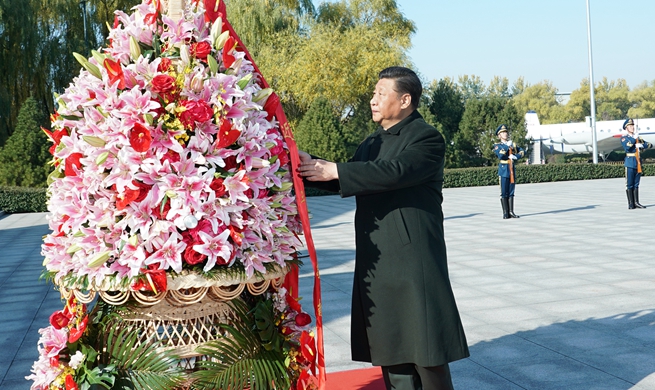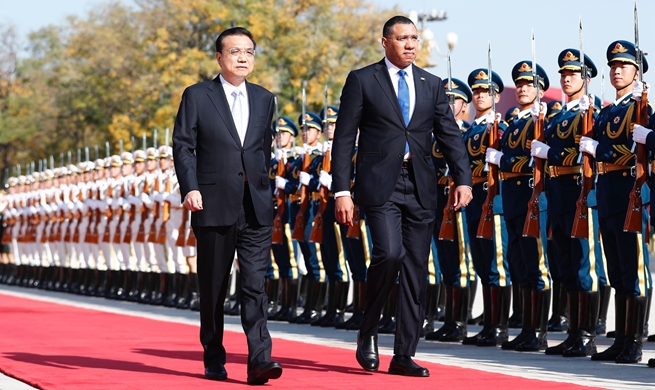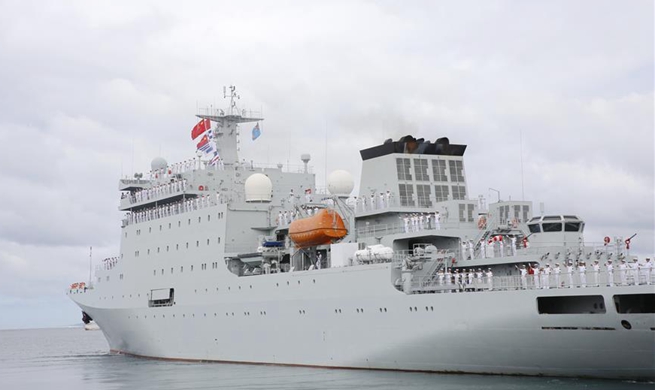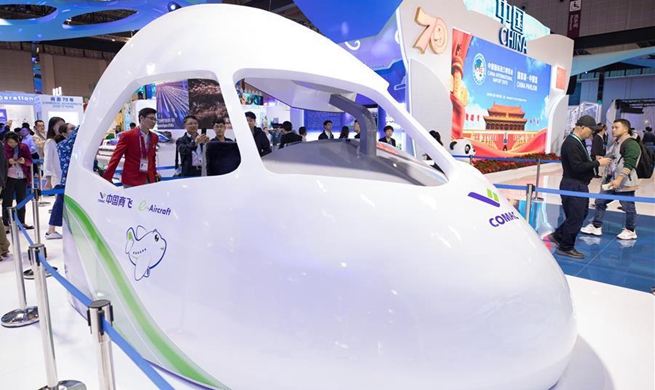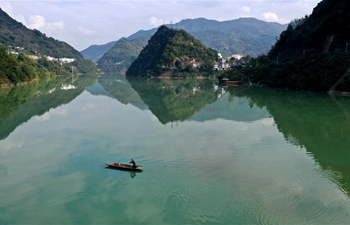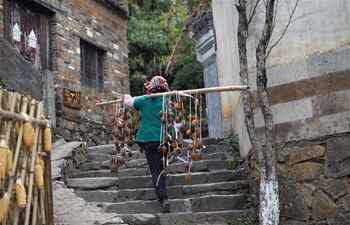ADDIS ABABA, Nov. 9 (Xinhua) -- Some 300 policymakers and economic stakeholders drawn from 14 East African countries wrapped up a four day high level conference on regional integration in Asmara, the capital of Eritrea with an agreement to expedite regional economic integration, the Eritrea Ministry of Information (MoI) said on Saturday.
The four-day conference which wrapped up on Friday was jointly organized by the government of Eritrea and the United Nations Economic Commission for Africa (UNECA) in Eastern Africa.
The conference, which was held under the theme "How to Leverage New Opportunities for Regional Integration," is a flagship UNECA annual conference focusing on East Africa, which was held in Eritrean capital for the first time.
In a press statement, the Eritrea Ministry of Information said the conference adopted several recommendations that aims to expedite regional integration including on Blue economy.
"The conference adopted 'Asmara Communiqué' with a number of recommendations on Blue Economy including combating climate change, strengthening maritime safety and security through regionally owned mechanisms, encourage national, regional and continental tourism initiatives among others," said the statement.
"At the conference, research papers were presented on strengthening regional cooperation, ensuring sustainable development in East Africa, development of regional tourism opportunities, development of investment in the infrastructure and energy sectors, regional trade, job creation, social integration and the sustainable development of marine resources," said the MoI statement.
The MoI also said Eritrea was unanimously elected to chair the 2019-2020 Intergovernmental Committee of Senior Officials and Experts Bureau, which is expected to add a further boost to the regional integration efforts.
The high-level conference on regional integration in Asmara was attended by 300 decision-makers and economic stakeholders from 14 East African countries.
The delegates came from Eritrea, Ethiopia, Djibouti, Somalia, South Sudan, Burundi, Rwanda, Kenya, Democratic Republic of Congo, Uganda, Tanzania, Comoros, Madagascar and Seychelles.
Earlier in the week opening up the conference, Vera Songwe, Executive Secretary of the ECA, underscored the importance of increasing regional trade and implementing the African Continental Free Trade Area (AfCFTA) agreement.
"By trading more among ourselves, we can build the equitable and balanced economies which can hold the promises the youth is looking for, and realize the dream of a prosperous Africa. In East Africa alone, the implementation of the AfCFTA could result in 1.8 billion U.S. dollars welfare gains and the creation of 2 million new jobs," the ECA chief told the conference.
The ECA, noting that East Africa has been experiencing strong economic performance with an average growth rate of 6.6 percent since 2014, also stressed concerted efforts as the sub-region "is still facing structural challenges."
The ECA has already singled out Climate change, refugee crises and health risks as transnational issues that are affecting several countries in the east Africa region.
Andrew Mold, acting director of ECA's East Africa Office, also stressed during the conference that "cross border problems affecting the region need a cross-border answer. Enhanced regional cooperation is needed to make regional growth more sustainable and inclusive."
The four-day conference also discussed strengthening regional cooperation, from the socio-economic and political standpoint to the issues of regional trade and job creation.
